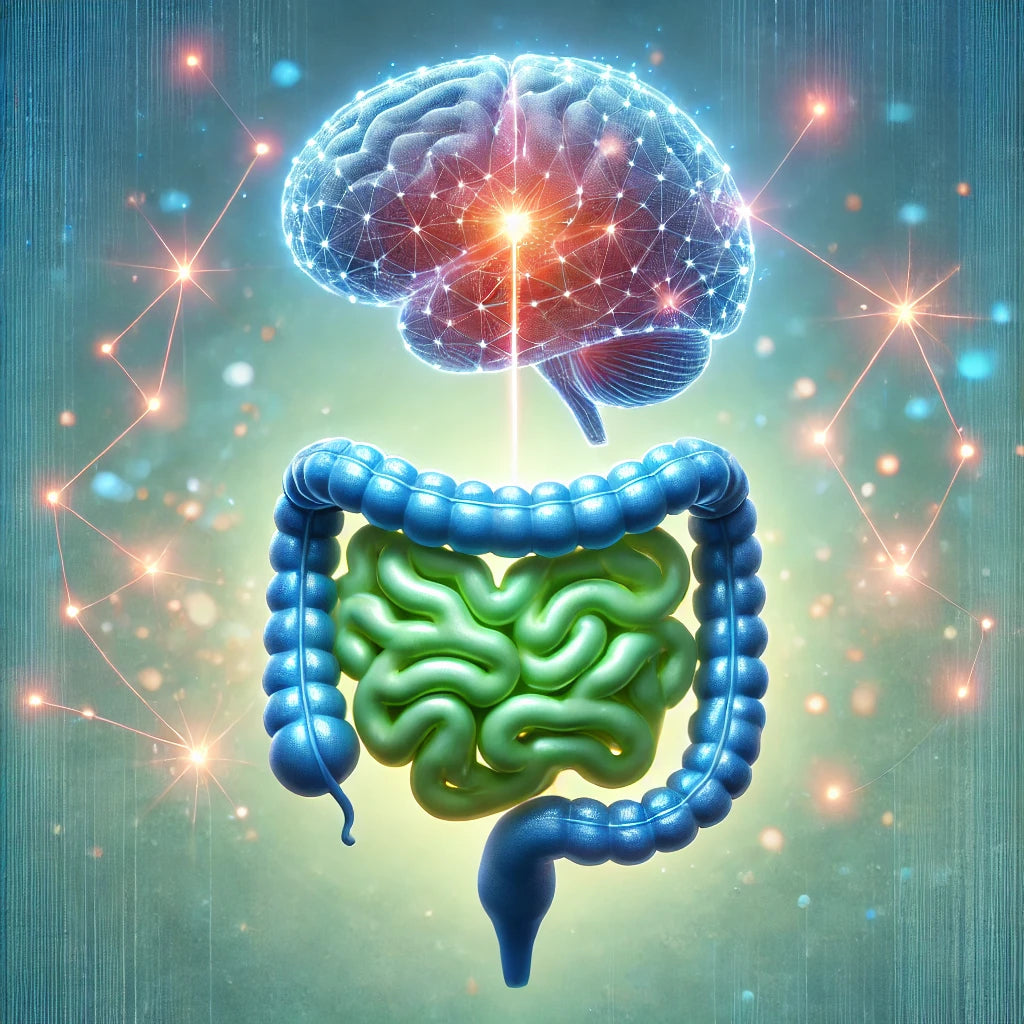News — depression support
Are We Underestimating the Role of Trace Minerals in Mental Health?
antioxidant defense anxiety support brain wellness copper balance anxiety depression support evidence-based supplementation integrative psychiatry iodine thyroid mood iron deficiency and cognition manganese brain health mental health nutrition micronutrient testing mitochondrial function neuroinflammation neurotransmitter synthesis nutritional psychiatry selenium antioxidant thyroid hormones trace minerals whole-food sources zinc and depression
When conversations about mental health turn toward nutrition, the spotlight usually falls on omega-3 fatty acids, vitamin D, or B vitamins. While these nutrients are undeniably important, a quieter group of players—trace minerals—often operates in the background, influencing mood, cognition, and emotional resilience in ways we might be overlooking. These minerals, needed only in minute amounts, are involved in neurotransmitter production, hormone regulation, and even the structural integrity of brain cells.
Iron, zinc, copper, selenium, iodine, and manganese may not dominate wellness headlines, but emerging research suggests their role in mental well-being is anything but minor. From depression and anxiety to cognitive decline, imbalances in these micronutrients can tip the scales toward vulnerability or recovery. This article examines the growing evidence behind trace minerals and mental health, exploring whether we’ve been underestimating their significance all along.
Probiotics and Mental Health: The Gut-Brain Connection
Anxiety Relief Bifidobacterium cognitive function depression support gut health gut microbiome gut-brain connection healthy digestion holistic mental health Lactobacillus mental health neurotransmitters probiotics probiotics and anxiety probiotics and depression probiotics benefits probiotics for brain health serotonin stress management vagus nerve
The connection between gut health and mental well-being has become a fascinating area of research in recent years. As scientists continue to explore the complexities of the human body, the gut-brain axis has emerged as a key player in maintaining both physical and mental health. One of the most exciting discoveries in this field is the impact of probiotics—often referred to as "good bacteria"—on mental health. While probiotics are commonly associated with digestive health, their influence extends far beyond the gut, potentially affecting mood, anxiety, and even cognitive function.
Understanding the gut-brain connection is crucial in appreciating how probiotics may serve as a bridge between a healthy gut and a balanced mind. The gut and brain are in constant communication, with the gut often being referred to as the "second brain" due to its extensive network of neurons and its ability to produce neurotransmitters like serotonin. This intricate relationship suggests that by nurturing gut health, we can positively influence our mental state, making probiotics a promising avenue for mental health support.


